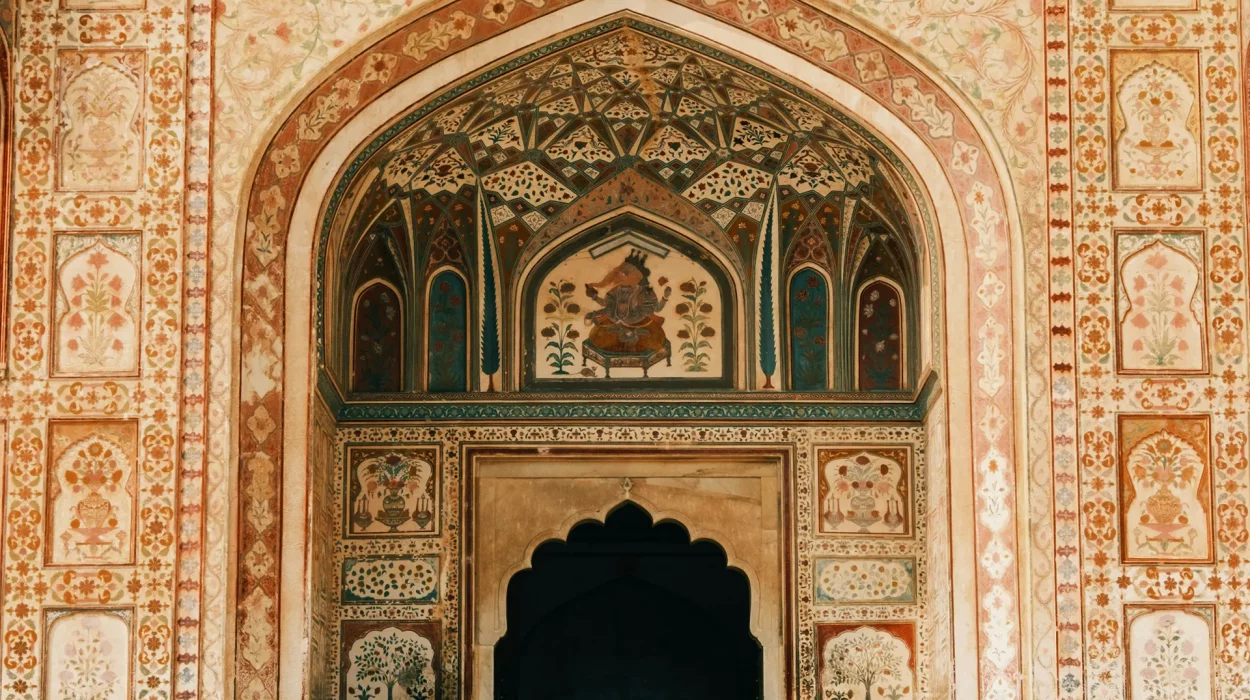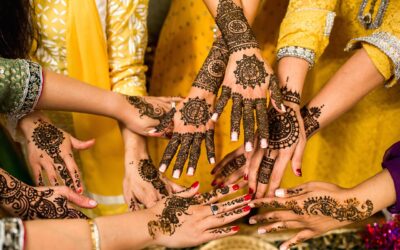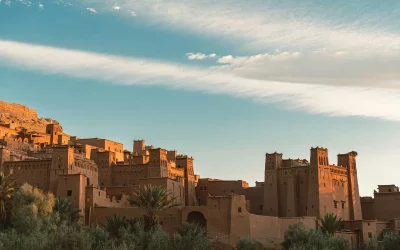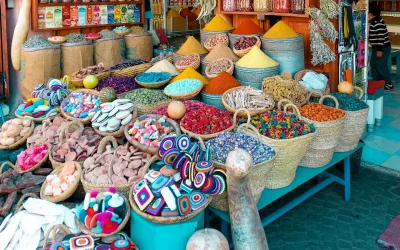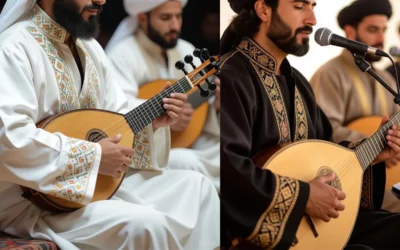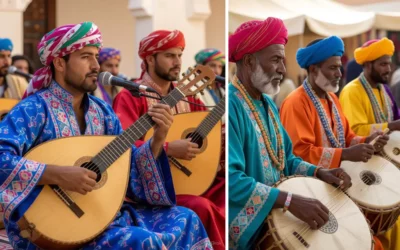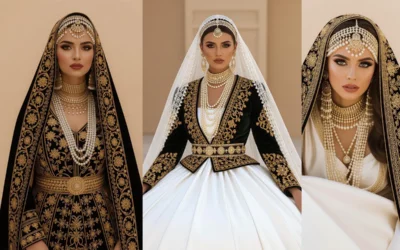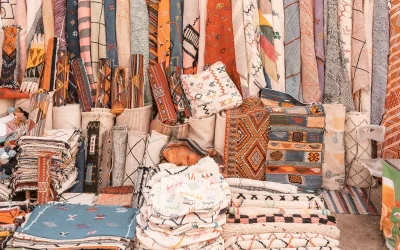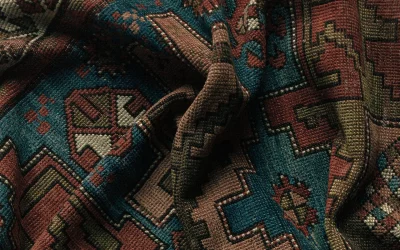At the National Forum on Entrepreneurship in Culture, held from 1 to 3 July in Paris, seven Moroccan entrepreneurs from the cultural and creative industries presented their projects. This was a valuable showcase for a rapidly expanding sector at the crossroads of innovation, heritage and digital technologies.
Morocco was in the spotlight in early July in Paris at the National Forum on Entrepreneurship in Culture. The North African country, which is experiencing an artistic boom, sent a delegation of seven entrepreneurs to highlight the richness and dynamism of Morocco’s cultural and creative industries (CCI). From architecture to crafts, cinema to animation, podcasts to artificial intelligence, this emerging scene embodies an artistic breeding ground in the midst of renewal.
This high-profile presence is part of a strengthening Franco-Moroccan cooperation. Last February, the French Minister of Culture visited Morocco to ratify nine agreements between cultural operators from both countries, particularly in the fields of video games, audiovisual media and cinema. A few months earlier, in December 2024, a French delegation had already participated in the Moroccan ICC Forum in Rabat. Morocco’s participation in the Paris event in July is therefore part of a reciprocal approach within an increasingly structured dynamic of artistic and economic exchange.
Anchoring innovation in memory
One of the most acclaimed projects is that of the Mala-Studio agency, founded in Fez by Mohammed Amine Loukili. An architect trained in France, he returned to his hometown with a strong conviction: to create a dialogue between ancestral heritage and contemporary innovation. In this imperial city, where construction techniques have been handed down from centuries past, he is working to revitalise ruins through open-air third-place projects. ‘You just have to look out the window to learn,’ he says, in contrast to the prevailing idea of a building designed to last less than a century.
This desire to rehabilitate heritage is also at the heart of Anou, a cooperative created by Hamza Cherif D’Ouezzan. His ambition is to enable Moroccan artisans – mostly women living in rural areas – to sell their creations without intermediaries. Today, Anou is a collectively managed platform that promotes economic autonomy, the promotion of craftsmanship and the relocation of raw materials such as wool. The creation of the country’s first solar farm to produce eco-friendly wool marks a key step in this ambition, combining craftsmanship and ecological transition.
Sound, images and socially conscious storytelling
Morocco’s rapidly growing audiovisual sector has also made its mark. The Les Bonnes Ondes studio, founded in Casablanca by Yasmine Mahjoubi, produces podcasts on social, cultural and environmental issues that are often overlooked. With more than 1.3 million cumulative listens in 2024 and a dedicated festival, Amwaj, this studio has now established itself as a central player in the Moroccan sound ecosystem.
Cinema is also benefiting from new initiatives. Producer Lamia Chraibi co-founded the Tamayouz Cinema Foundation, which works to rebalance the place of women in a sector where they represent only 26% of producers and 19.5% of directors. Through its TAP (Tamayouz Atelier Pro) workshops, the foundation supports a new generation of female creators, from the initial idea to the development of the script and financing plan.
In the field of animation, which is still developing in Morocco, Ali Rguigue launched Artcoustic Studios, followed by the country’s first specialised school: Flow Motion School. This free eight-month course has already trained 90 students. One of the projects to come out of the school, Malik, was even presented at the Cannes Film Market, a sign of the vitality of an emerging but promising sector.
The digital shift and the rise of AI
Morocco’s participation in the Forum also highlighted the country’s advances in immersive technologies and digital arts. Hamid Lakhdar, founder of Ofoto, presented the exhibition AIAE – Artificial Intelligence Arts Exhibition, organised in Casablanca in 2023. The event provided an opportunity for dialogue between generative art and artificial intelligence, with the participation of the Obvious collective. A second edition is in preparation, this time focusing on the reconstruction of historical events using AI.
Another innovative initiative is that of Mobdie, a company founded in Fez by Mohammed Slaoui. After offering in-person workshops on robotics, Mobdie launched educational kits that combine heritage discovery and technological learning. Each month, young and old alike can assemble an iconic Moroccan monument at home, while familiarising themselves with robotics. With its customisable robots and an offering accessible to all generations, Mobdie is now targeting the French market.
An international creative momentum
Through these initiatives, the entire contemporary Moroccan art scene has found expression in Paris. Led by entrepreneurs who are rooted in their territory but resolutely focused on the international market, these projects reflect a new ambition, combining tradition and innovation, social inclusion and economic development.
The National Forum on Entrepreneurship in Culture has thus provided a valuable showcase for these Moroccan talents. It has also further strengthened the ties between France and Morocco, united by a common cultural history and now by a shared vision of the cultural and creative industries as a strategic lever for transformation.

